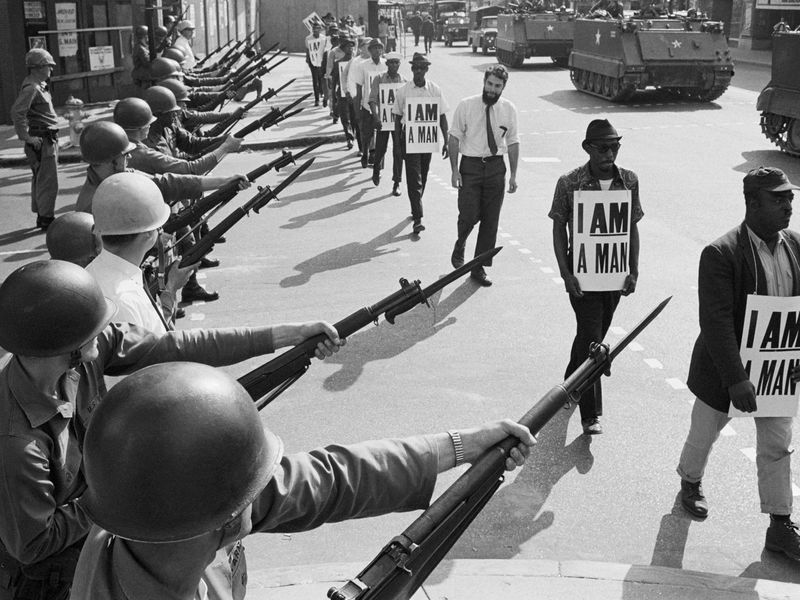Private Government By Corporations
Posts in this series. This post is updated from time to time with additional resources.
The second chapter of Elizabeth Anderson’s Private Government: How Employers Rule Our Lives (And Why We Don’t Talk About It) begins with a striking image: the US corporation as communist dictatorship. The employer has the absolute rights to do as it sees fit with its employees with few restrictions. She singles out a few of the more absurd rules: an employer can fire a worker because of the way the worker votes, or opinions the worker expresses about politics, or, as we learn in one case, because the son of a friend of the employer raped the employee’s daughter.
We usually think of government as meaning only the state. Anderson says we need a broader definition of government: the legitimate exercise of power by one person over another. Thus, masters govern their servants and slaves, parents govern their children, the Church governs the faithful, the bridge club leaders have the right to exclude people from their games, and so on. We see something akin to this in Foucault’s discussion of governmentality.
Then Anderson draws the distinction between private and public government. A government is public if it is required to consider the interests of the governed, if governed people have the right to participate in the management of the government, and to review its actions and hold it accountable. It is private if the interests of the governed are irrelevant, if they have no power to influence or question the actions of the government.
Anderson defines the state following Max Weber in his essay Politics As A Vocation.
Weber’s definition is the following: “The state is seen as the sole grantor of the ‘right’ to physical force. Therefore, ‘politics’ in our case would mean the pursuit for a portion of power or for influencing the division of power whether it is between states, or between groups of people which the state encompasses.”
The state as the sole grantor of the right of the use of violence has a specific meaning. Only the state can empower a private group to exercise government over others. The master has the right to control the slave because the government says so. Parents’ rights to control children have the sanction of the state. Under the law of Coverture, husbands had the right to control the bodies and wealth of their wives. Anderson points to John Adams’ response to Abigail Adams request to “remember the ladies” in the construction of a new government.
Depend upon it, we know better than to repeal our masculine systems.
In each of these cases the state can regulate the control exercised by the grantee. For example, a state could determine that a parent hitting a child is abusive, and could punish the parent and take the child into protective custody. Or the state could simply withdraw its grant of control, as it did with slavery or the law of coverture.
The case of the corporation as employer is similar. The state could withdraw the right of the corporation to exercise any aspect of government it chose. It could, for example, make it illegal to fire a person who refused to attend a political rally for the candidate of the CEO’s choice; or more generally for any reason related to the employee’s politics. It can limit the right of an employer to fire an employee for illness.
In general, capitalists object to any infringement on their right to dominate the lives of their employee. The usual argument has to do with what capitalists call “freedom”, defined as the right to have the state leave them alone. Anderson could argue as she does in other cases, that this negative freedom for the capitalist inflicts massive losses of negative freedom on employees, who cannot support candidates of their choice, or stay away from undesirable political rallies, or organize into unions, or get sick. Thus, unrestrained control for capitalists requires substantial justification.
Instead, she points out that besides negative freedom, there are two other equally or more valuable kinds of freedom*: positive freedom, meaning having a wide choice of opportunities, and freedom from domination. It is frequently the case that restraints on negative freedom for a few produces much larger overall increases in these kinds of freedom.
Comments
1. The idea of private government mirrors the ideas of Bruce Scott and of Ellen Meiksins Wood on the role of corporations in the US. See this post.
2. Anderson seems to think a different outcome was possible, one in which the employer had control over the lives of employees only as to their jobs. I’m less sure of that. It seems to me that changes in the method of production do not impact the general governmental structures of a society. As Anderson points out, in England in the middle ages production was organized around feudal estates and guilds. Each was based on the idea that of top-down control. The monarch owned the real property and granted use rights to the aristocracy, which controlled agricultural production, and took much of the product for itself. Guilds acted as controllers of cloth and other artisanal goods, and decided who could participate and on what terms. In each case there was top-down control by agents empowered by the Throne to impose sanctions and discipline.
Private life followed the pattern. Husbands controlled wives, children, and servants. Churches exercised control over the religious lives of their parishioners, extracting tithes and demanding obedience.
As the methods of production began to change, these governmental structures remained in place. Apprentices were tacked onto that structure in the position of servants. When women started doing piecework for textile mills, they remained dependents. Fathers or husbands took their wages and used them as they saw fit. When children were put to work in mines and mills, they remained dependents of their fathers, who took their wages and used them as they saw fit.
The only change was the way people worked, not their social relationships. Those social relationships arose from ancient times. Anderson discusses the social theory that everyone must be controlled from above. This pattern starts with the Almighty, and continues through the monarch, down through aristos to common people to serfs and slaves, in what was known as the Great Chain of Being.
Social changes were in the long run influenced by the changes in the means and methods of production, as we can see from Anderson’s and Ann Hughes’ (Chapter 3) discussion of the Levelers and other dissidents in the mid-1600s. But those social relationships have a powerful hold on the minds of people. Like most bad ideas, the idea of the necessity of control from above is nearly impossible to eradicate. We see it today in different parts of society; where Biblical injunctions about wives and servants** still hold sway. John Adams was right. Men of all ranks will not want to give up their rights under their masculine systems.
====
*I discuss these freedoms at length earlier in this series. See the linked index.
** Some translations have “slaves”.


